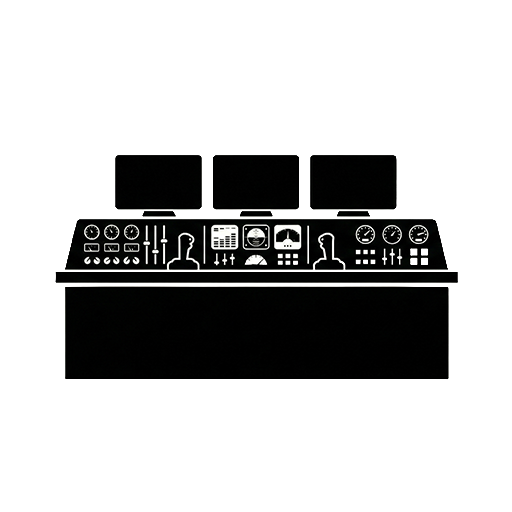The new generation of cyber threats: deepfakes, spear phishing, and AI-based attacks

To conclude our Cyber Month series, another hot and highly exciting topic: AI cybersecurity threats.
Enjoy reading 💡
Can you still tell what's real?
In a digital world that is rapidly evolving, threats are also changing. While classic phishing emails are already known to many, the use of artificial intelligence (AI) creates new attack methods that are more sophisticated, credible and dangerous than ever before.
Deepfakes — when voice and image are deceptive
Deepfake technologies allow attackers to create deceptively real videos or audio recordings. A supposed phone call from the CEO asking for an urgent transfer? A video that appears to show your boss confirming a decision? In times of AI, it is increasingly difficult to distinguish between real and fake.
Here are three examples of convincing deepfake videos
- A Video already from 2018 appears to be showing former US President Barack Obama warning of fake news — but this is a deepfake created by director and actor Jordan Peele in collaboration with Buzzfeed CEO Jonah Peretti.
- Here An example from Bill Gates, which first shows the original and then the Deep Fake video.
- There are also well-known deepfake videos in German language. Here a video from 2023, which supposedly shows news anchor Christian Sievers in an article in the “Today Journal.”
How do deepfakes occur — and how complex is that really?
Just a few years ago, creating realistic deepfakes was technically demanding: You needed large amounts of data, lots of computing resources and know-how. Today, that has changed significantly.
Thanks to modern tools, a single portrait image or a short sound recording is often sufficient. The tools do the rest — and generate deceptively real fakes in just a few minutes.
The more material about a target person is publicly available (e.g. via social media, YouTube or interviews), the more realistic such fakes can become. Managers with a lot of media presence are particularly at risk.
Do you want to test deepfakes yourself?
Here are 3 tools, some of which are available free of charge, with which you can create and test deepfake videos yourself:
What does this mean for companies?
Familiar communication channels such as phone calls or video calls are no longer unrestricted signs of trust. Without additional authentication mechanisms, a well-made counterfeit can have disastrous consequences. In particular, supervisors of whom many audio and video files are published, e.g. through YouTube videos or television interviews, are more likely to become the target of a deepfake attack, as this wealth of data makes an attack easier.
Phishing — smarter than ever
Phishing emails have also evolved: spelling mistakes, generic salutations, or suspicious links? More and more rare. Instead, attackers specifically imitate the writing style of colleagues or supervisors, use AI-based text generators and personalize their messages down to the last detail.
Modern phishing attacks include:
- Targeted (spear phishing): They are aimed directly at individuals or teams.
- Credible: They use real data, stolen designs, and imitate corporate language.
- Automated: Thanks to AI, attackers can launch tons of individual attempts at deception.
How can companies protect themselves?
Even as threats become more complex, there are effective protection mechanisms:
- Multi-factor authentication Use (MFA) consistently
- Awareness-raising and training carry out regularly
- Secure communication channels and introduce alternative verification methods (e.g. callbacks to known numbers)
- Use technology support, for example through phishing filters and deepfake detection systems
Our Conclusion
Cyber criminals are using modern technologies to produce ever more convincing deceptions. Companies should therefore not only rely on technical solutions, but also Awareness of their employees strengthen. Because in a world full of digital delusions, critical thinking remains the best defense.
Safety starts in the mind — and we'll help you stay one step ahead.
That is why at the end of July we offer extended our Cyber Security Assessment Bundle with a discount of 10%, i.e. at a fixed price of just CHF2,250 CHF instead of 2,500 CHF. This discount is extended again throughout July when the assessment package is completed. With that, you are well prepared.
This is what our Cyber Security Assessment Bundle includes:
1x phishing campaign (up to 50 users)
1x Cyber Resilience Report
Kick-off (virtual or on-site)
Documentation review (up to 4 hours)
2x 1-hour interviews
presentation of results
Be proactive and protect your business before it's too late. Are you interested? Contact us now!
Find out more about our offer here.

















.png)
